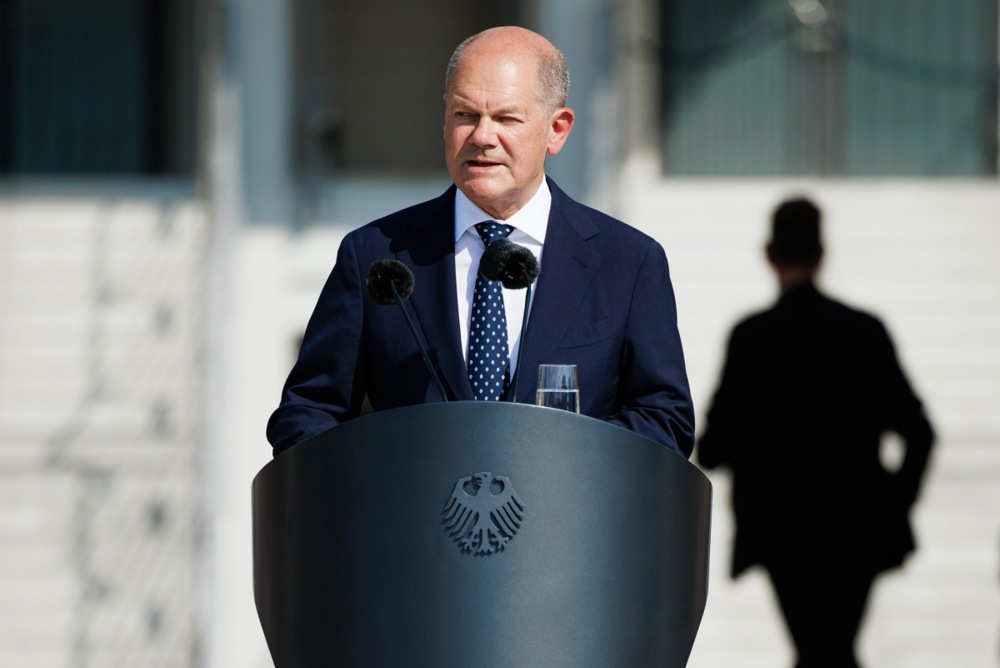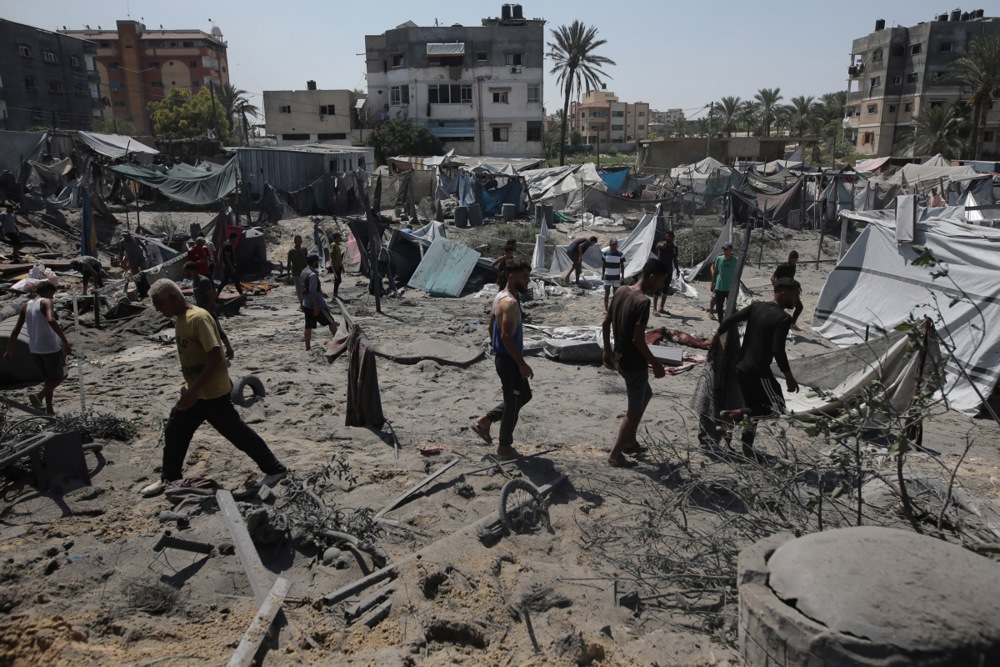Aerospace multinational Airbus has said it wanted to avoid further delays in aircraft deliveries and was working with suppliers to avoid supply chain problems.
“We don’t do material control, but we do assist in the co-ordination of materials to avoid delays in the delivery of products,” said an anonymous Airbus source.
On 25 June, the company stock market value plummeted 9.4 per cent after it announced it would cut the number of aircraft it produced in 2024 due to supply chain issues.
Airbus said it now expected operating profit for 2024 to be €5.5 billion, down from the €6.5 billion to €7 billion it announced in February.
That led to the stock market fall, with losses amounting to €11.3 billion, the most since Covid.
The downgrade in annual profit forecasts was also due to accounting losses in its aerospace division which, as reported recently, plans to merge with Thales’ aerospace unit.
“Thales would initially provide the engineering and Airbus would provide the commercial capability,” said another source.
Earlier this year, the company announced its target of delivering 800 commercial aircraft by the end of 2024.
That has since been downgraded to 770 planes due to material shortages affecting mainly engines, aero-structures and cabin equipment.
In addition, Airbus has postponed its goal of producing 75 A320 family aircraft per month between 2026 and 2027. Each jetliner of this type takes between three and four years to produce.

Shortages of raw materials were noted from the beginning of Russia’s invasion of Ukraine in February 2022 and intensified amid US and European Union sanctions.
“There is a general shortage of raw materials, but mostly of metals,” said an unnamed international trade specialist.
For Airbus, its policy has required that no raw material could be purchased from Russia after June 2022. All previous batches are useable.
Titanium, a crucial raw material for aircraft, is also strategic for the weapons industry. It carries more restrictions than other materials.

“A large number of companies continue to buy raw materials originating in Russia but with customs stamps from other countries,” the trade specialist said.
“Russia has not stopped exporting, quite the contrary; it’s just that instead of buying directly, we buy through third countries.
“This increases the purchase price for the final recipients and lowers the selling price for Russia, in this case,” he added.
As a result, Moscow has increased the volume of sales to third countries such as China and India.
Trade between India and Russia reached $65.7 billion in the financial year ending March 2024, marking a 33 per cent increase over the previous year.
Trade between China and Russia grew by 1.8 per cent in the first six months of 2024 compared to the same period last year, surpassing $116.8 billion, according to the Chinese General Administration of Customs.
India also refines much of the Russian oil that is then sold to countries in the West that are forbidden to trade directly with Moscow.
“Certain countries have blocked the sale of certain metals based on sizing. Before, they never asked what they were going to be used for, but now they have to be certified before they can be sold,” explained the first anonymous source.
“The US does not want these kinds of metallurgical products to fall into the hands of Russians or Palestinians via Iran.”
In addition to titanium for missiles, other metals are diverted to produce military aircraft.
For example, Eurofighters have been reactivated after years of being mothballed. Production has not been reactivated but maintenance is being ramped up.

The Eurofigher project is a consortium made up of Leornado in Italy, BAE Systems in the UK and Airbus Defence and Space.
Orders from several countries increased in 2023. This pressure on the production lines has also slowed down orders for commercial aircraft as between the two lines; priority is given to the military aircraft.

“What we are seeing now is what I can call the ‘toilet paper effect’ as happened during Covid: As a result of the general panic, there is an extraordinary peak in demand that saturates the entire production system,” the Airbus source said.
This is in addition to other European projects such as the Eurodrone. That is a twin-turboprop MALE UAV under development by Airbus, Dassault Aviation and Leonardo for Germany, France, Italy and Spain, with a first flight expected by mid-2027

Since Covid, European leaders including French President Emmanuel Macron, German Chancellor Olaf Scholz and Spain’s Prime Minister Pedro Sánchez have called for an increase in national aircraft production.
In addition, European Commission President Ursula von der Leyen focused part of her previous mandate on strengthening relevant supply chains.
“The plan now is to bring the supply chains as close as possible to the manufacturing facilities in order to be as least dependent as possible on third countries, a weak flank that could be seen during the Covid crisis,” according to the Airbus source.
Russian oil firms face delays of up to several months to be paid for crude and fuel as banks in China, Turkey, and the United Arab Emirates become more wary of U.S. secondary sanctions. https://t.co/rAJsfEC0aY
— Brussels Signal (@brusselssignal) March 27, 2024





